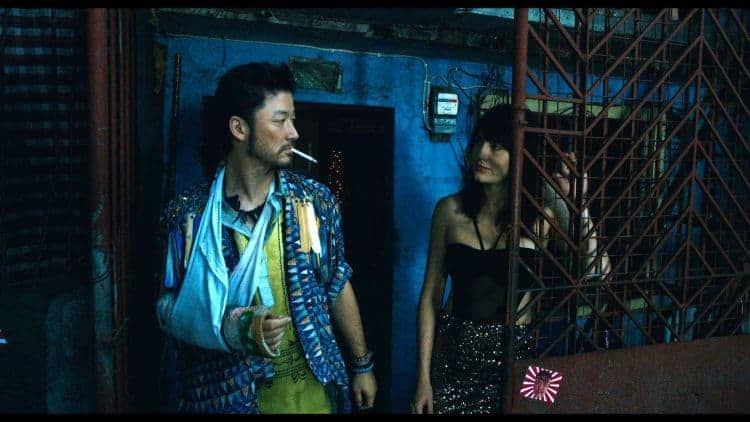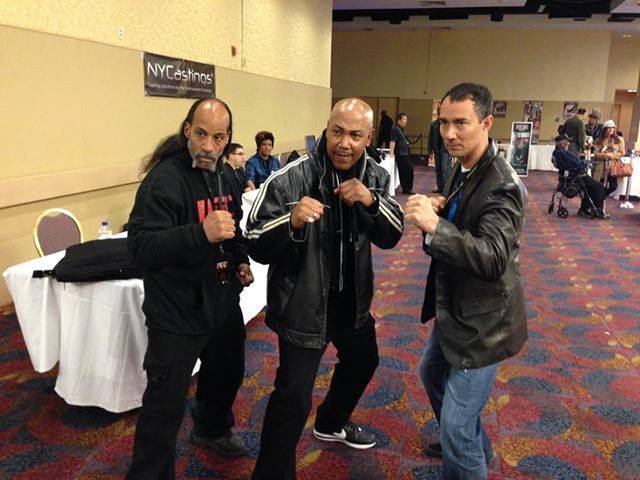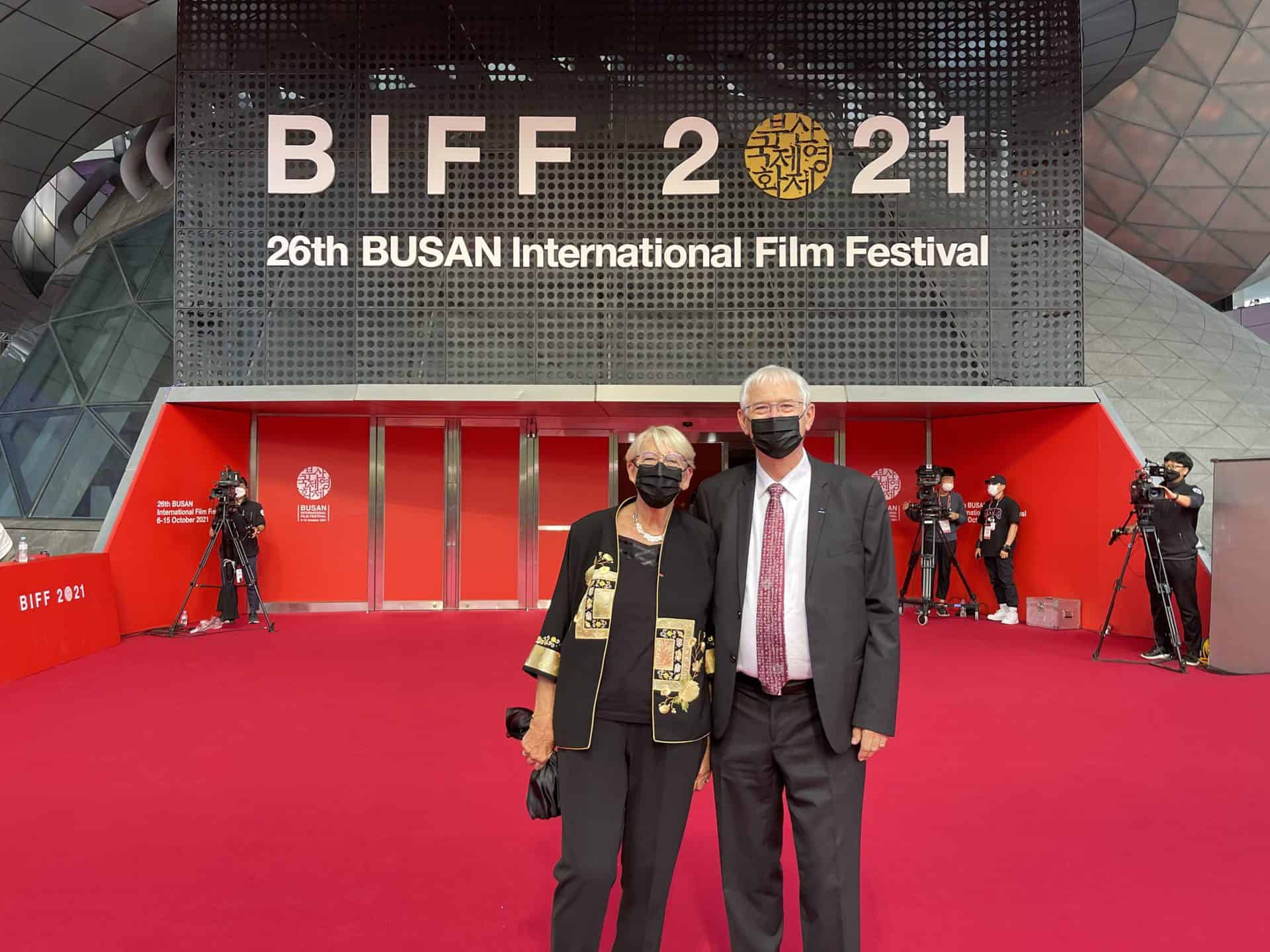Keisuke Yoshida was born in 1975 in Saitama. While he was still studying at Tokyo Visual Arts he started making his own independent films. Ever since his debut feature “Raw Summer” (2005) he has directed more than 10 films, while he has also written the screenplays for the majority of his movies.
On the occasion of “Blue” screening at Toronto Japanese Film Festival, we speak with him about his experience with boxing, and the dramatic aspect of the sport, the realism of the fights, his cooperation with the cast, and other topics
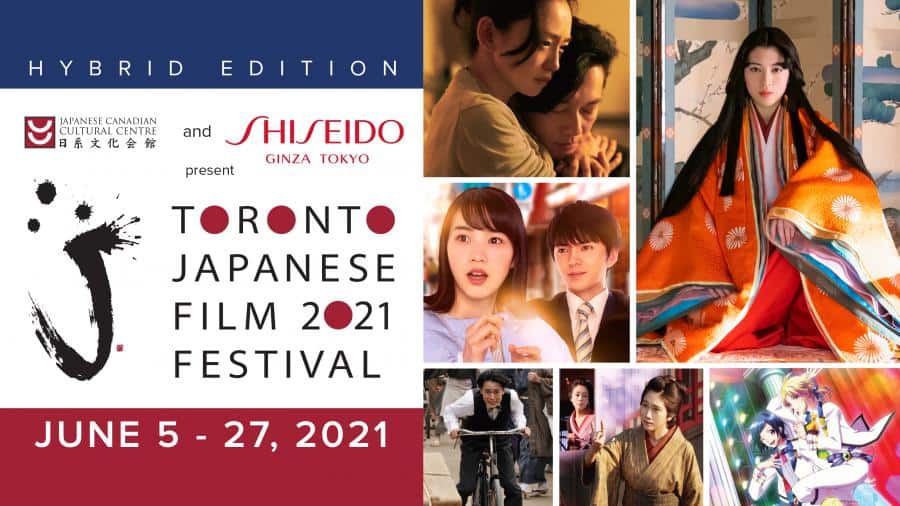
What made you decide to make a film about the world of boxing? How much research did you have to do when writing the script?
I've been engaged in boxing since I was a junior high school student, so it's been around 30 years that I've been doing this. Boxing is something closest to my heart, so I've been actually thinking about making this film for quite some time. Since I changed gyms quite often and met different boxers, I haven't really done much research for the script, because I could entirely rely on my experience and the stories of people that I've met.
Sports injuries, particularly those that lead to long term effects, seem to be an inescapable part of the sport for some. Why did you want to explore this subject, and do you think it should dissuade people from competitive sports with high risks? Do you think that drama is a part of sports, particularly when we are talking about competitive ones?
When I was still boxing, I met many fellow boxers who suffered from punch drunk syndrome. For instance, even one of the gym's owners I met had symptoms similar to those of dementia. At first glance, boxing might seem like a very cool and flashy world, but behind the scenes, you can see that it's actually a sport of high risk. In my depiction of boxing, I wanted to show all its shades, with bright and dark sides, no lies whatsoever. The risk comes with affirmation. All the boxers are aware of that. But, I believe there is also an addictive side of boxing, one that fascinates boxers. So it seems it's difficult to distinguish whether boxing is a sport or a dramatic tale.
This is your first film taking place in the world of competitive sports, is this something you would want to return to, whether it be boxing or something else?
For now, I don't think I want to return to sport in my films. I was able to depict the realities of the boxing world thanks to my prior 30 years of experience, so without any experience in other sports, I would simply not feel confident enough.
What kind of preparation or training did the cast have to go through in order to make the film?
Kenichi Matsuyama, who starred in the film, has prepared and trained in boxing for two years before we started shooting. Other actors also had to engage in training for more than half a year. In my opinion, they had to prepare similarly with the way one practices to become a professional boxer.
The fights feel realistic in favor of being stylized, why did you decide to approach the sequences in this way? Can you give us some details about the way the fights are choreographed?
In this aspect, I also heavily relied on my own experience as a boxer. I tried to recreate the truth of this world. When I prepared the script, first I thought of the choreography of action, then I attached it to the actors. That's how we prepared an in-detailed dynamics of actions through a list, and then proceeded to practice it live. That was the general approach – I intended to focus on realism over flashiness.
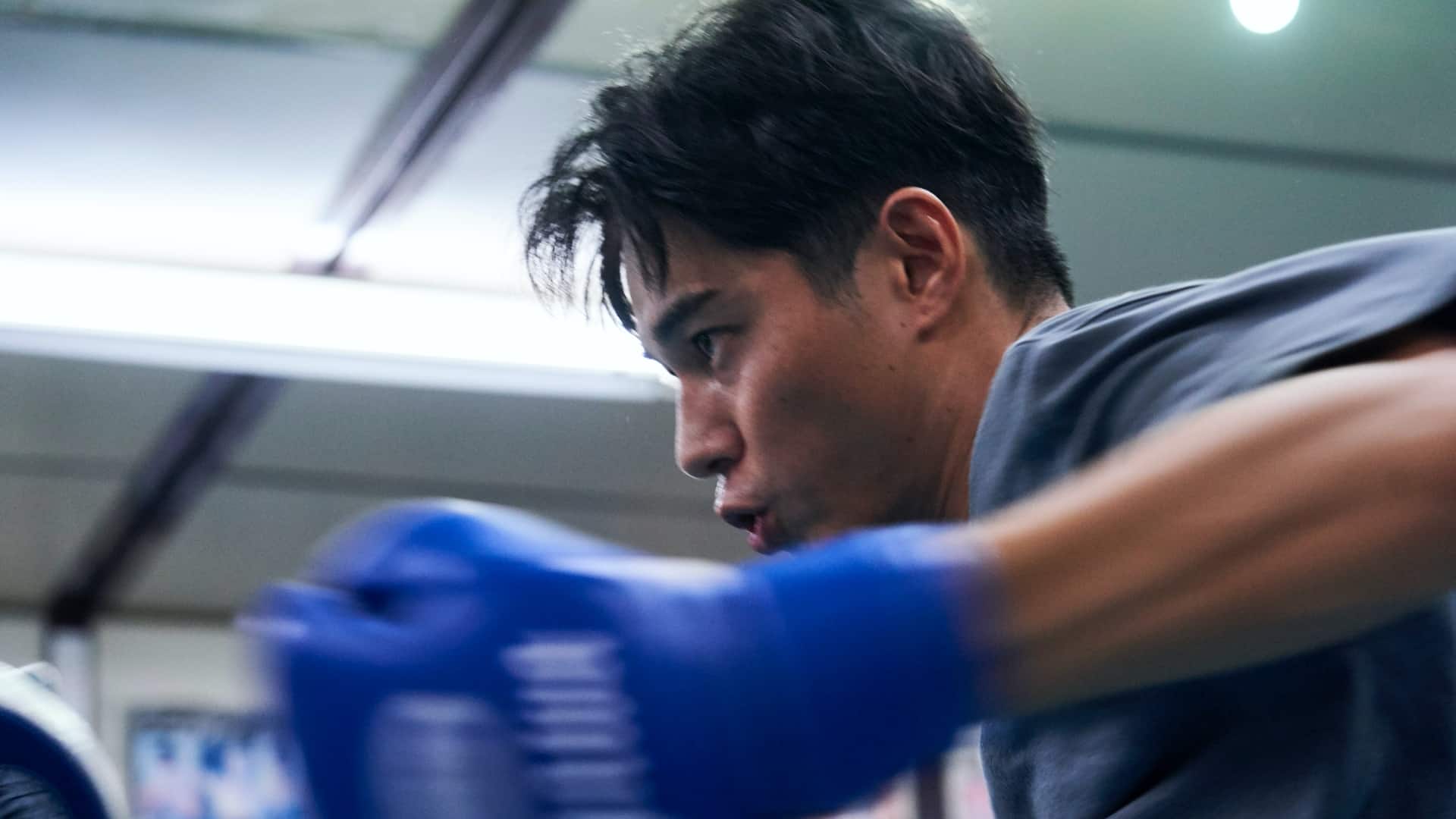
What message, if any, would you like people to take away from Blue?
I guess it's a message that I want to send not only regarding boxing but in a broader sense, that there is unrewarded effort, sweat and tears. What I wanted to convey is that no matter if you didn't become what you wanted to, or if you couldn't accomplish your goal, it's the struggle itself that might be beautiful; the days during which you try and give your best, then the harshness of loss itself, I think this might be also beautiful. The message might also be – what is strength exactly?
What are your thoughts on the current Japanese film industry?
The polarization between small-scale projects and big ones is gradually progressing. There used to be way more medium-sized projects. Small films are overshadowed easily and quickly by bigger productions at the multiplexes, so it becomes quite lonely out here.
Are there any projects you are currently working on that you would like to discuss?
There are two films that I've already shot that await their release. I'm also preparing a film that will revolve around a serious theme about a mother-daughter relationship.




